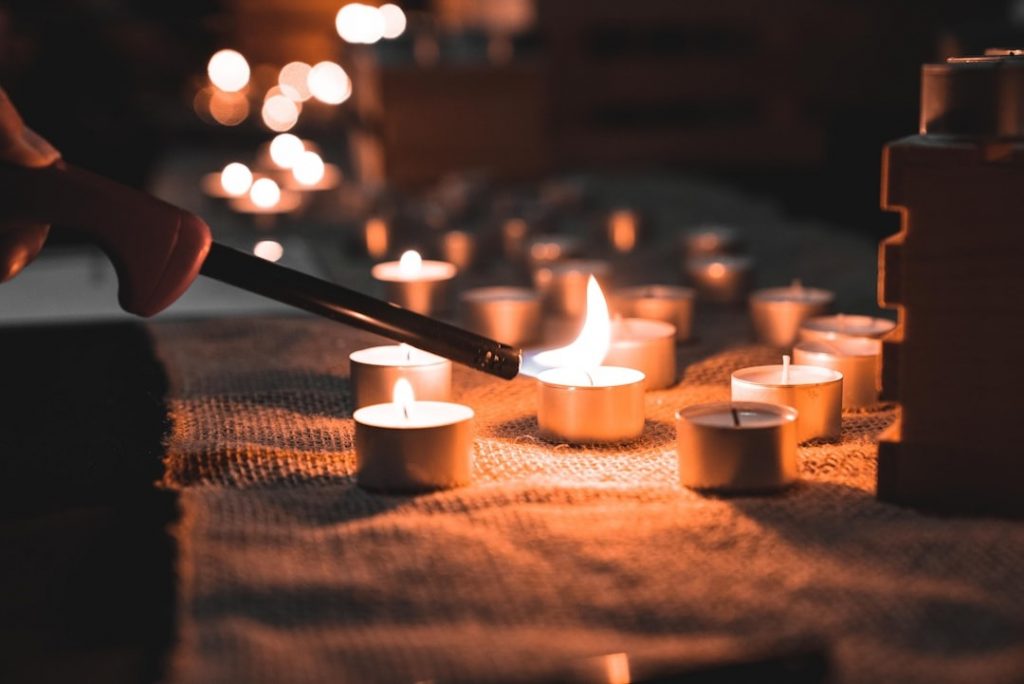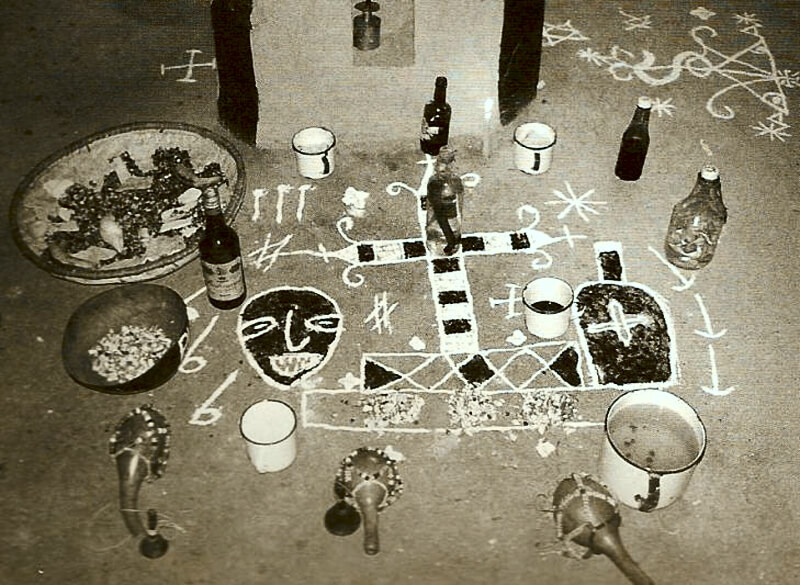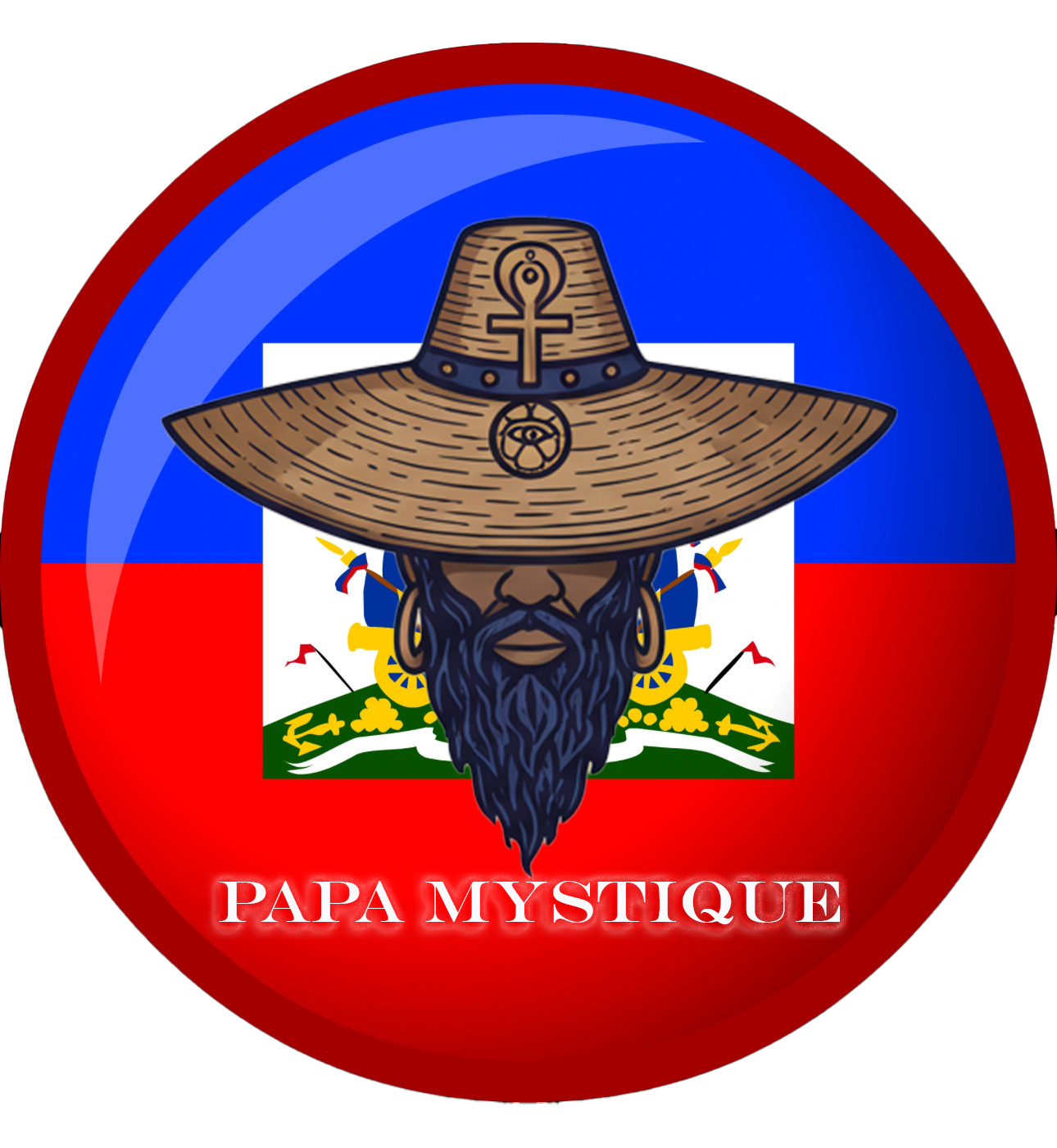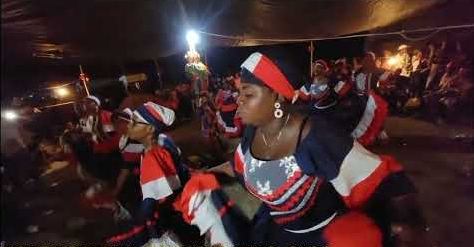In Haitian Vodou, spirit possession is not a spectacle of terror as often mischaracterized by Western media, but rather a sacred and transformative experience at the heart of religious practice. Far from notions of affliction or coercion, possession is understood as a divine communion between the Lwa—the spirits—and their devoted followers. When a Lwa “mounts” a chwal, the chosen individual serves as a living bridge between the spiritual and material worlds. This sacred moment allows for the transmission of guidance, healing, and protection, reaffirming the intimate, dynamic relationship between humanity and the divine.
In Haitian Vodou, spirit possession is not a loss of control, but a sacred union—a moment when the divine descends to heal, guide, and empower the living.
The individual experiencing possession, referred to as the chwal (meaning “horse” in Haitian Creole), embodies the Lwa who temporarily assumes control. The metaphor of the horse and rider emphasizes that the Lwa, while fully commanding the body, does so not through violence but through honor and mutual devotion. Possession may occur during vibrant ceremonies filled with drumming, singing, and dance, yet it is not confined to ritual spaces; the Lwa may mount a devotee in everyday life, reminding practitioners of their constant spiritual presence. Whether in a peristyle or a marketplace, the transformative nature of possession illustrates the permeability of boundaries between worlds in Vodou cosmology.


Each possession event is distinct, shaped by the identity and nature of the Lwa involved. The chwal physically manifests the characteristics of the spirit, from the strength and fire of Ogou to the grace and sorrow of Erzulie Freda, or the mischievous wit of Bawon Samedi. The phenomena accompanying possession—such as supernatural feats, trance states, or profound emotional displays—are authentic expressions of the Lwa’s essence, not theatrical performances. After possession, the chwal often experiences extreme fatigue, a testament to the intense spiritual energy expended during their temporary transformation. Their community lovingly tends to them, recognizing their service as a sacred offering.
Wrapping Up with Key Insights
Ultimately, spirit possession in Haitian Vodou represents a profound reaffirmation of faith, ancestry, and communal ties. It is a powerful, embodied declaration that the Lwa remain active and invested in the lives of their devotees. Despite external misunderstandings and misrepresentations, Vodou practitioners understand possession not as something to be feared, but as a sacred act of love, empowerment, and continuity. Through these divine mountings, the Vodou community remains deeply connected to its spiritual lineage, drawing strength and resilience from the ever-present world of the spirits.


Leave a Reply